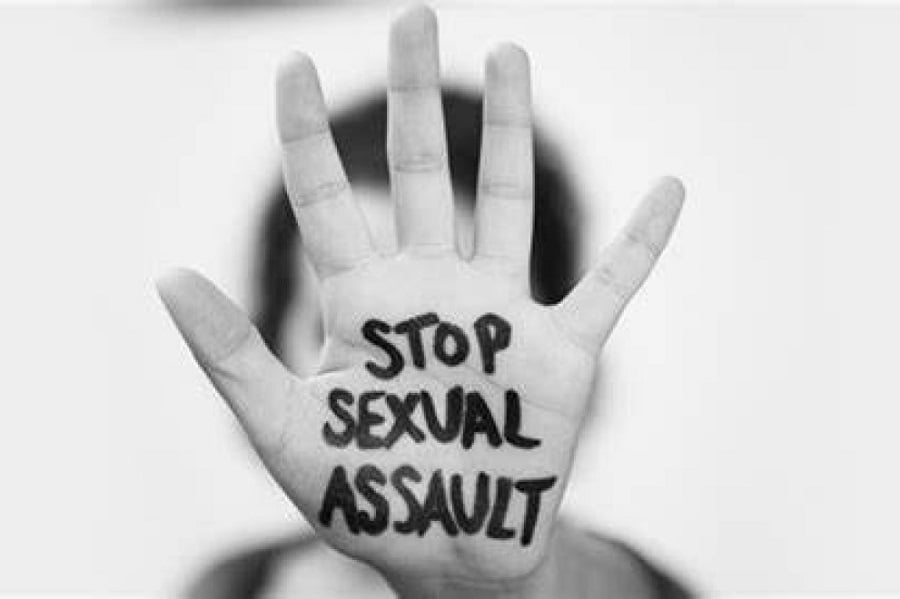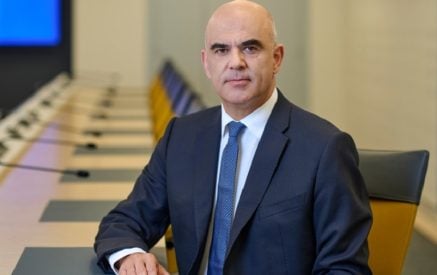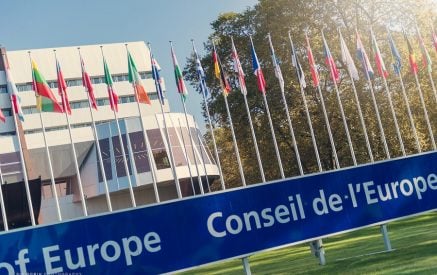Council of Europe calls for more effective data collection to counter the crime
Strasbourg, 17.11.2025 – Ahead of the Day for the Protection of Children against Sexual Exploitation and Sexual Abuse marked on 18 November, Council of Europe Secretary General, Alain Berset, emphasised the importance of gathering data from diverse sources – including education and healthcare sectors, helplines, child protection services, civil society organisations, and children themselves. This data is crucial to shape better policies, hold perpetrators accountable and prevent sexual abuse.
” To be effective, our actions to protect children and stop offenders must be based on evidence,” Secretary General stressed. “Many States still collect only basic criminal justice data – or fail to use it adequately. Facts and figures must not sit idle in reports – they must reach policy makers and inform their work to make children safe. Data collection is a good first step – and a worthy investment”.
Findings from a recent report by the Lanzarote Committee on data collection mechanisms highlight the importance of drawing on data sources beyond criminal statistics. Many sexual offences against children go unreported. Addressing this information gathering gap requires input from many actors. Child protection services, multidisciplinary structures for child victims and witnesses (such as Barnahus), educators, and health professionals can collect valuable information to help better understand the nature and causes of child sexual abuse and exploitation, and identify effective responses.
Read also
Children are the end beneficiaries of policies designed to protect them, and they can provide crucial insights into the risks they face, realities on the ground, and what approaches work or fail. Collaborating with civil society organisations engaged in child protection can greatly enhance the quality of the data collected. Putting in place a hub for data gathered by national and local actors can further improve coordination. To make this a reality, all the data collection points should agree on standardised methods for classifying their data, to avoid duplication and inconsistencies.
Strengthening data collection mechanisms in Lanzarote Convention State Parties is the key theme of the capacity-building conference in Chișinău organised on 18 November to mark the Day. This is the first large-scale event organised under the Moldovan Presidency of the Council of Europe Committee of Ministers.
The objectives of the Day for the Protection of Children against Sexual Exploitation and Sexual Abuse launched by the Council of Europe in 2015 are to raise awareness, and to facilitate open discussion about child sexual exploitation and abuse in order to put an end to the stigmatisation of victims and survivors. To mark the Day, everyone can act: children, parents, victims and survivors, authorities, professionals working with children (educators, sport coaches), police, NGOs and the private sector.
Activities planned around the Day in Europe and beyond:
- Armenia will bring together institutional stakeholders and civil society to discuss various aspects of the protection of children against sexual offences, including in the context of recent ECtHR judgments against Armenia.
- In Georgia, ten schools in different regions, together with social workers, will hold informational and educational meetings with students focusing on recognising and addressing violence, including sexual violence, as well as on anti-discrimination and issues of tolerance.
- In Italy, the Foundation Il Telefono Azzurro ETS will hold on 18 November 2025 a conference “Strengthen child protection from sexual exploitation through evidence-based policies. Knowledge for action: prevention, protection, and justice for every child and adolescent”.
- Morocco will hold a national conference on child sexual exploitation online focusing on stocktaking and new challenges related to artificial intelligence.
- The Republic of Moldova is launching a national awareness-raising campaign to inform professionals about the legal and procedural mechanisms for identifying and reporting child sexual abuse and exploitation, and to promote the use of support services.
- North Macedonia is launching a national awareness-raising campaign based on child-friendly materials of the Council of Europe’s ONE in FIVE campaign to stop sexual violence against children.
- Portugal is publishing a selection of child-friendly print materials in Portuguese: Kiko and the Manymes for children aged 4 to 7 on how to stay safe and protect their privacy online, as well as guidelines for parents; “Tell someone you trust” for children aged 9-13 about sexual abuse in the circle of trust; and “So, this is sexual abuse?” helping children aged 12+ understand how to spot, report and get help in situations of sexual abuse, especially those involving inappropriate or explicit content online. The Portuguese National Commission for the Promotion of Rights and the Protection of Children and Young People will hold a school awareness-raising event in Lisbon.
- Europol is launching “Help4U”, an online resource designed to provide support to children seeking help in situations of risk.
Council of Europe


























































